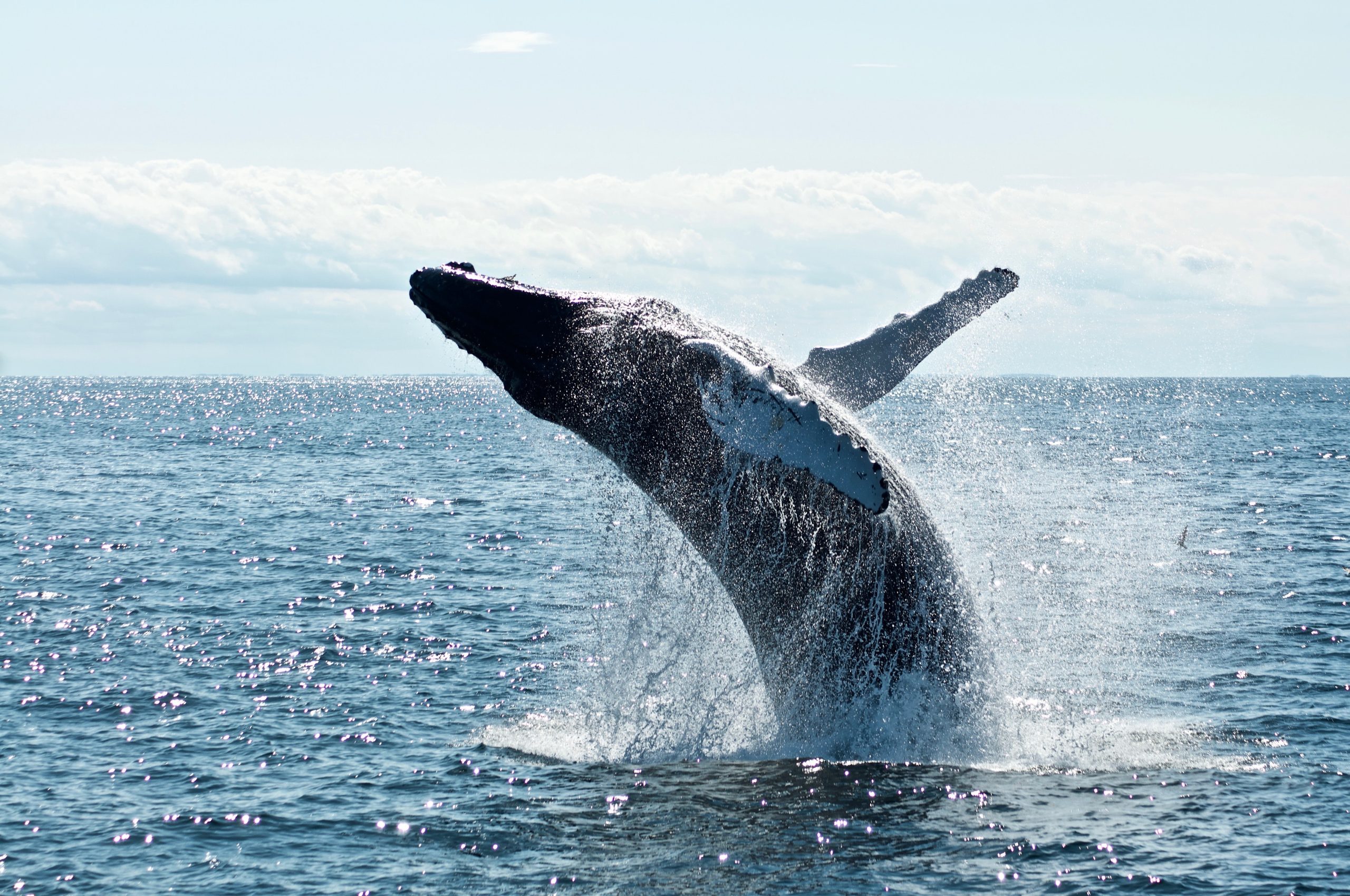Late in the evening on 4 March 2023, the United Nations adopted a historic treaty to protect the world’s oceans. The Intergovernmental Conference on Marine Biodiversity of Areas Beyond National Jurisdiction, or the BBNJ, reached agreement on what is widely being referred to as the High Seas Treaty. This came after weeks of grueling negotiations that built upon over two decades of talks on the issue.
There is an urgent need to address risks facing the world’s oceans. Climate change is increasing ocean temperatures and nearly every species group living in the seas have been impacted by plastics pollution. Overfishing is putting marine life under threat of extinction. Despite these critical issues, international efforts to address threats to our waters have been fragmented, with a range of patchwork measures in place that have allowed for exploitation and environmental harm. For us at QUNO, this underlines a Quaker value on stewardship of the earth and its resources.
In announcing the agreement, Ambassador Rena Lee of Singapore who served as the Conference president, declared “ladies and gentlemen, the ship has reached the shore.” With the adoption of the High Seas Treaty there is now a single agreement covering international waters – nearly two thirds of the world’s ocean – and protecting the ecosystems and marine life within, including those yet to be discovered. The treaty has a range of objectives, including to create large-scale marine protected areas where damaging activities will be limited or prohibited; to make research carried out in international waters more inclusive and accessible; and to set global standards to assess the environmental impact of commercial activities. A Conference of states Parties will be created to uphold accountability of the agreement. This historic development follows the work carried out in December of last year at the UN Biodiversity Conference held in Canada where states agreed to the 30×30 pledge, which calls for the protection of one third of the earth’s land and sea by 2030. The treaty is a legally binding mechanism under the UN’s Convention on the Law of the Sea, an agreement that emerged from discussions at Quaker House in New York during the late 1960s. As QUNO celebrates our 75th anniversary this year, we are encouraged by the adoption of this treaty which is in line with the Quaker Testimony on stewardship of the earth.
The adoption of the landmark High Seas Treaty is a reminder of the original aspirations of the UN to forge cooperation for the global good. The agreement demonstrates that, even in a context where competition between major global powers may lead to inaction by the UN Security Council, smaller countries, such as small island states or big ocean states, are able to play a leadership role to foster global change through multilateralism. For example, Pacific Small Island Development States (PSIDS) championed the treaty’s recognition of and calls for the use of traditional knowledge of Indigenous peoples and local communities, uplifting their significant role in the conservation and sustainable use of ocean resources and in the fight against climate change.
As the UN Secretary-General noted, “this action is a victory for multilateralism and for global efforts to counter the destructive trends facing ocean health, now and for generations to come.” His declaration was echoed by others, including the President of the General Assembly Kőrösi of Hungary, who hailed the treaty as “a massive success for multilateralism,” noting that it is “an example of the transformation our world needs and the people we serve demand.” As we continue to feel the impact of the global threat of climate change and environmental degradation, this treaty is a demonstration that the international community can come together through the United Nations to take much needed action.
Photo credit: Todd Cravens/Unsplash







